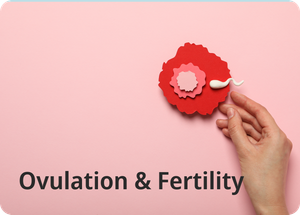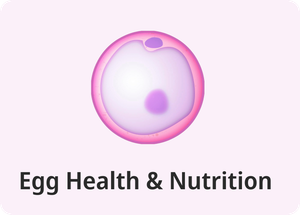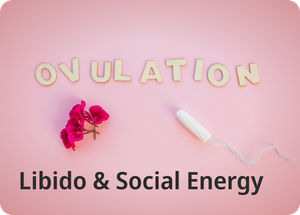Premenstrual syndrome (PMS) is a familiar experience for most women. Among the many symptoms such as mood swings, fatigue, or food cravings and swelling and water retention are some of the most uncomfortable. Clothes may feel tighter, rings may not fit, and many women report puffiness around the face, hands, or ankles. While usually harmless, fluid retention can feel frustrating and interfere with daily comfort. Fortunately, there are safe, evidence-based ways to ease this symptom and regain balance.
The female body goes through complex hormonal changes each month. During the luteal phase of the menstrual cycle (the time between ovulation and menstruation), progesterone levels rise. This shift in hormones can cause the body to hold on to sodium and water. Estrogen may also play a role, as it influences fluid regulation.
The result is temporary bloating, breast tenderness, and swelling in extremities. Most women notice the swelling start a few days before their period and find that it resolves once bleeding begins.
Excess sodium is one of the main contributors to fluid retention. Cutting down on salty snacks, packaged foods, and processed meals can make a significant difference. Replacing them with fresh fruits, vegetables, and home-cooked meals helps the body regulate fluids more effectively.
It may feel counterintuitive, but drinking more water actually reduces water retention. When the body senses dehydration, it holds on to extra fluid. Aim for 8–10 glasses of water daily, and add hydrating foods such as cucumber, watermelon, and citrus fruits.
Light exercise improves circulation and lymphatic drainage. Activities such as brisk walking, cycling, or yoga help the body release excess fluid naturally. Even gentle stretching can reduce puffiness in the ankles and legs.
If swelling tends to collect in your feet or ankles, raising your legs on a pillow while resting improves circulation and decreases fluid buildup.
Mild diuretics or medications such as NSAIDs (like ibuprofen) are sometimes recommended if swelling is uncomfortable and linked with pain.
Research has shown that magnesium supplementation may improve PMS symptoms, including water retention and bloating.
Some studies suggest that Vitamin B6 may reduce premenstrual swelling and mood-related symptoms.
Always consult a doctor before starting supplements, as the right dosage and suitability vary by individual health needs.
Mild swelling before periods is common and usually harmless. However, consult a healthcare professional if you notice:
Persistent or severe water retention may point to underlying issues such as kidney, thyroid, or heart conditions. A proper medical evaluation ensures nothing more serious is missed.
Beyond physical strategies, it is important to acknowledge how water retention during PMS can impact self-esteem. Feeling bloated or swollen often affects body image, leading to frustration or irritability. Wearing comfortable clothing, practicing relaxation techniques, and reminding yourself that these changes are temporary can ease both physical and emotional stress.
Swelling and water retention during PMS are common but manageable. By focusing on hydration, balanced nutrition, gentle exercise, and mindful lifestyle choices, most women can reduce discomfort significantly. Supplements such as magnesium and Vitamin B6 may offer additional support, but medical guidance is essential before trying them.
If swelling feels unusually severe or does not resolve after your cycle, seek professional help. With the right care, PMS bloating does not have to overshadow comfort and confidence each month.
About PeriodSakhi
PeriodSakhi is your trusted companion for understanding your menstrual health. With easy-to-use tools, it helps you track your periods, ovulation, fertility, moods, and symptoms, while providing insights into your overall reproductive and hormonal health. PeriodSakhi also serves as a supportive online community where women can share experiences, find reliable information, and access expert-backed guidance on menstrual health, PCOS, pregnancy, lifestyle, and more.
Disclaimer
The views, thoughts, and opinions expressed in this article/blog are solely those of the author and do not necessarily reflect the views of PeriodSakhi. Any omissions, errors, or inaccuracies are the responsibility of the author. PeriodSakhi assumes no liability or responsibility for any content presented. Always consult a qualified medical professional for specific advice related to menstrual health, fertility, pregnancy, or related conditions.
Start the conversation
No comments yet. Start the conversation by leaving the first comment!




